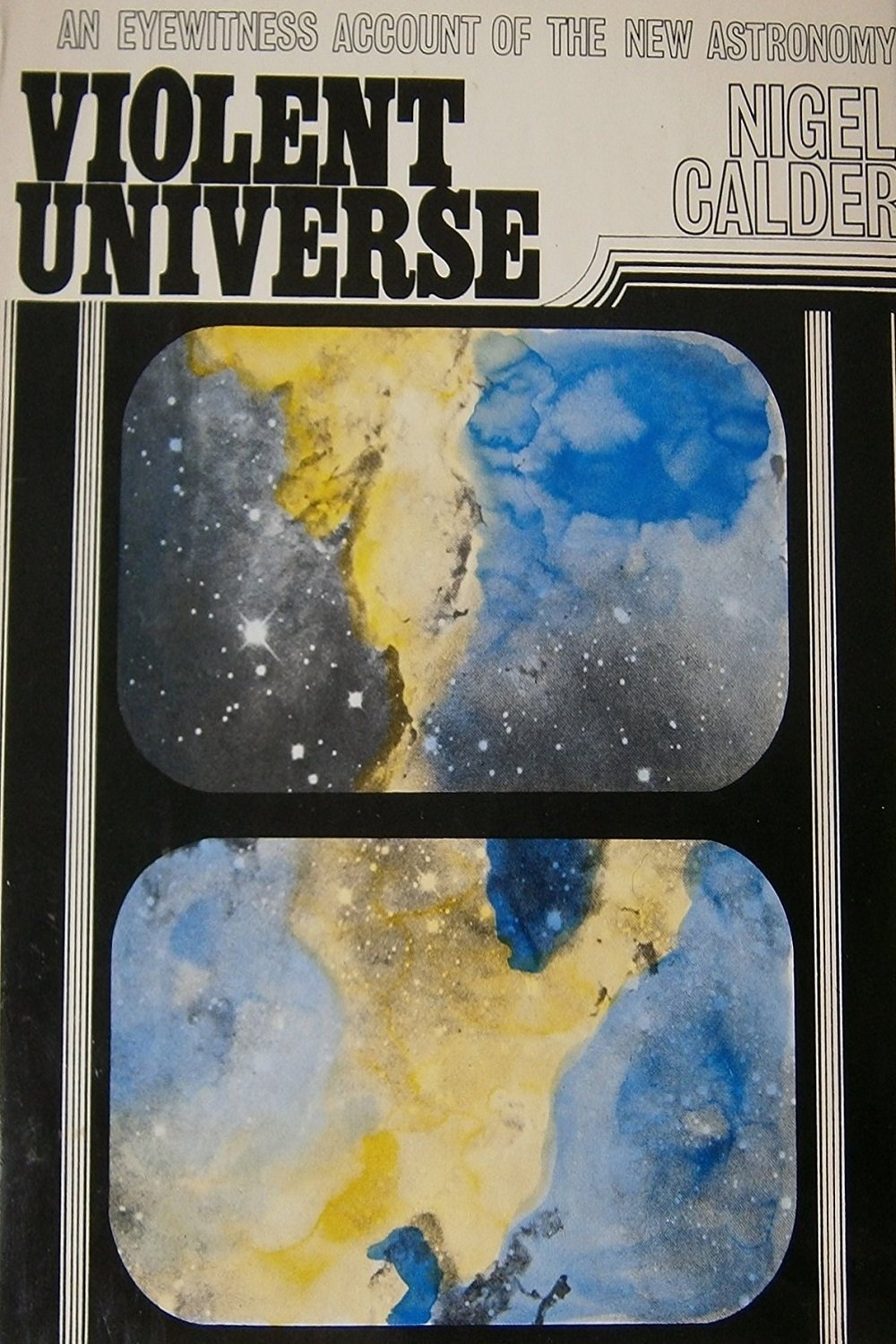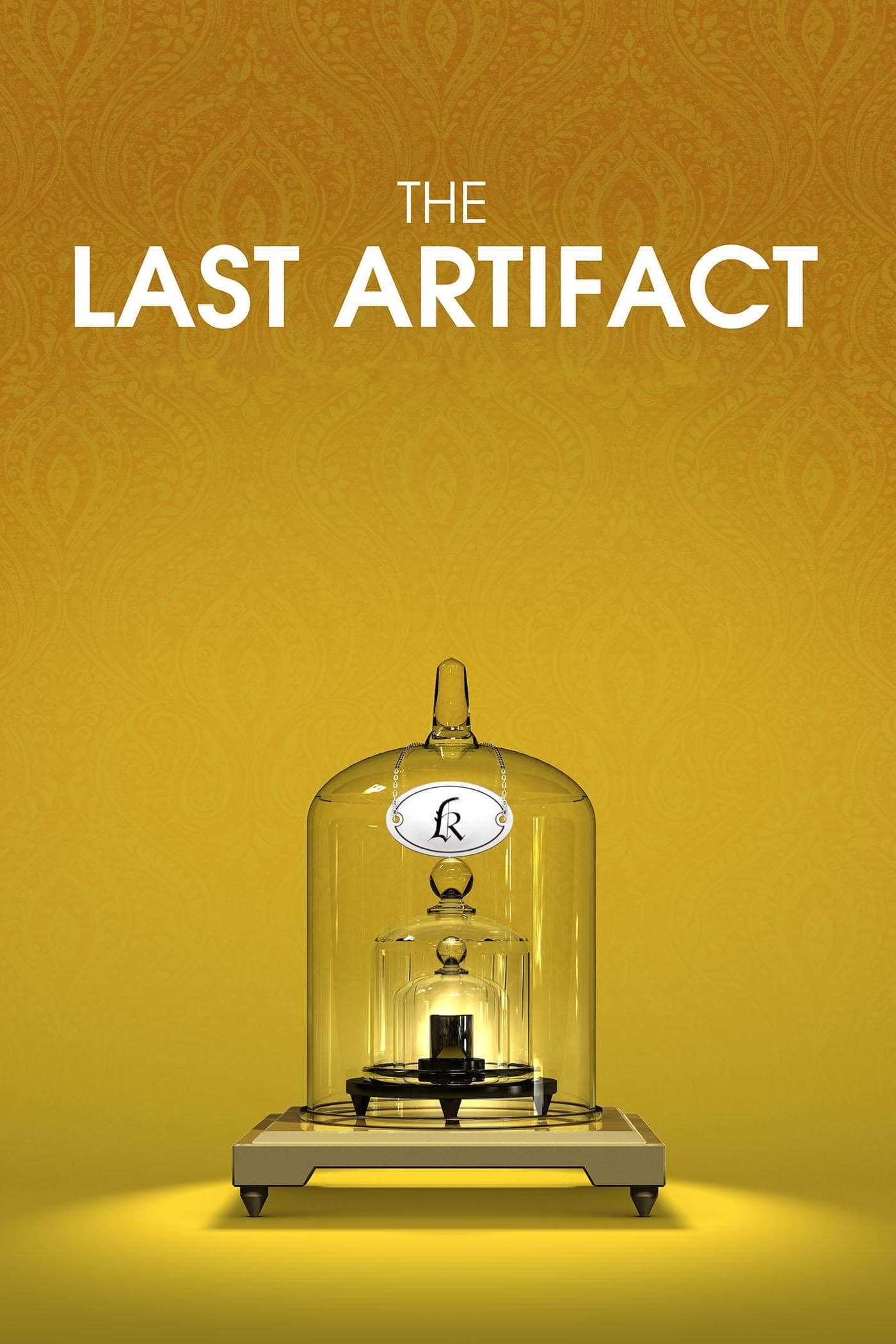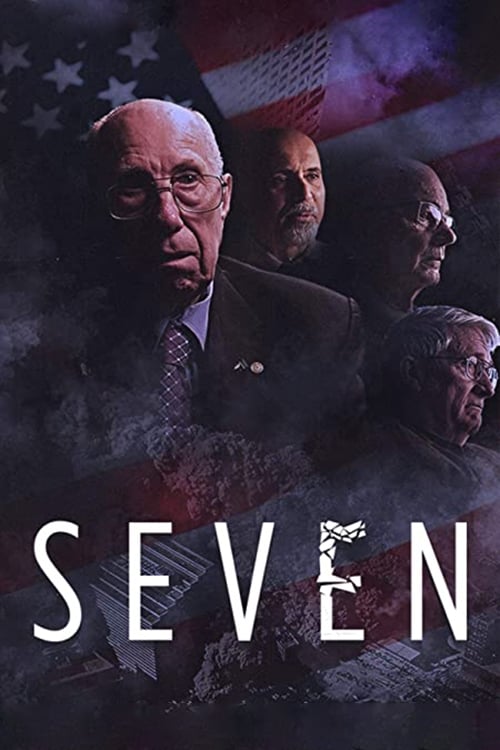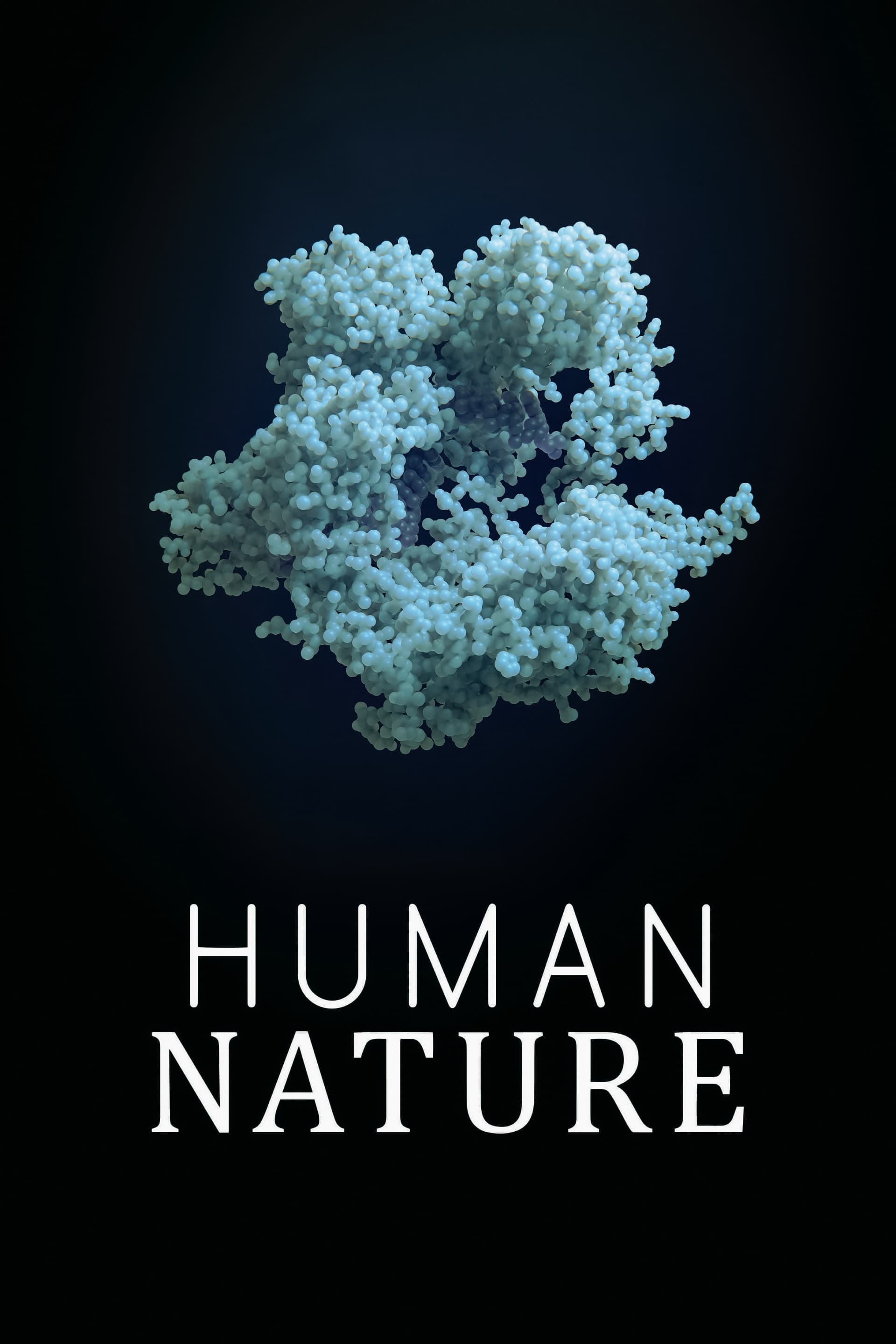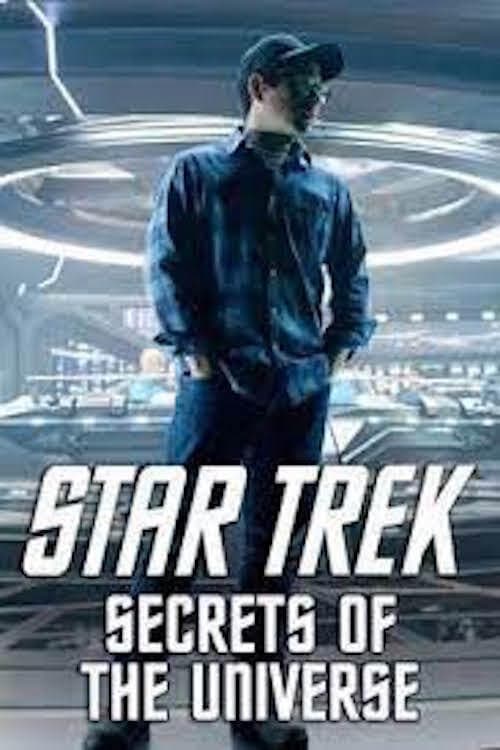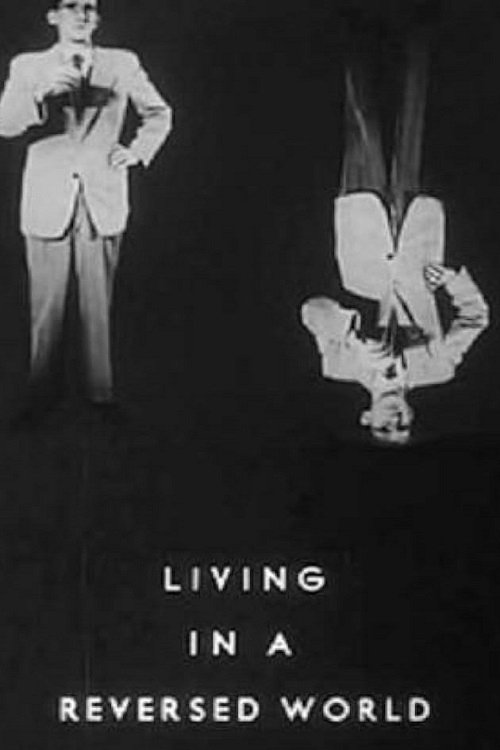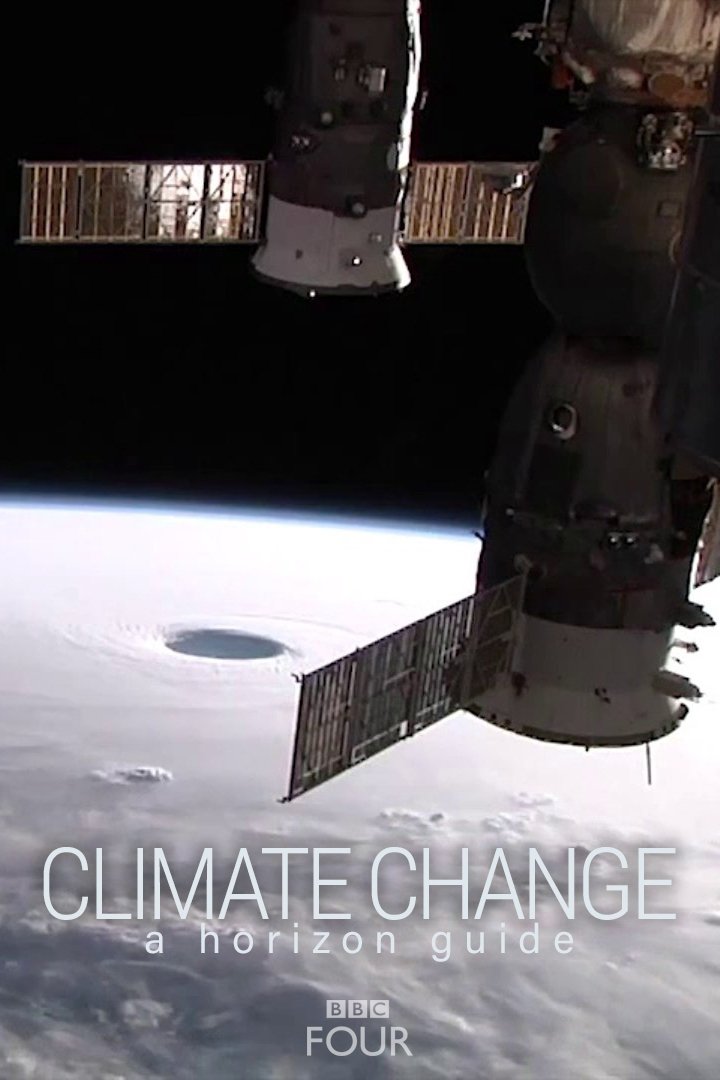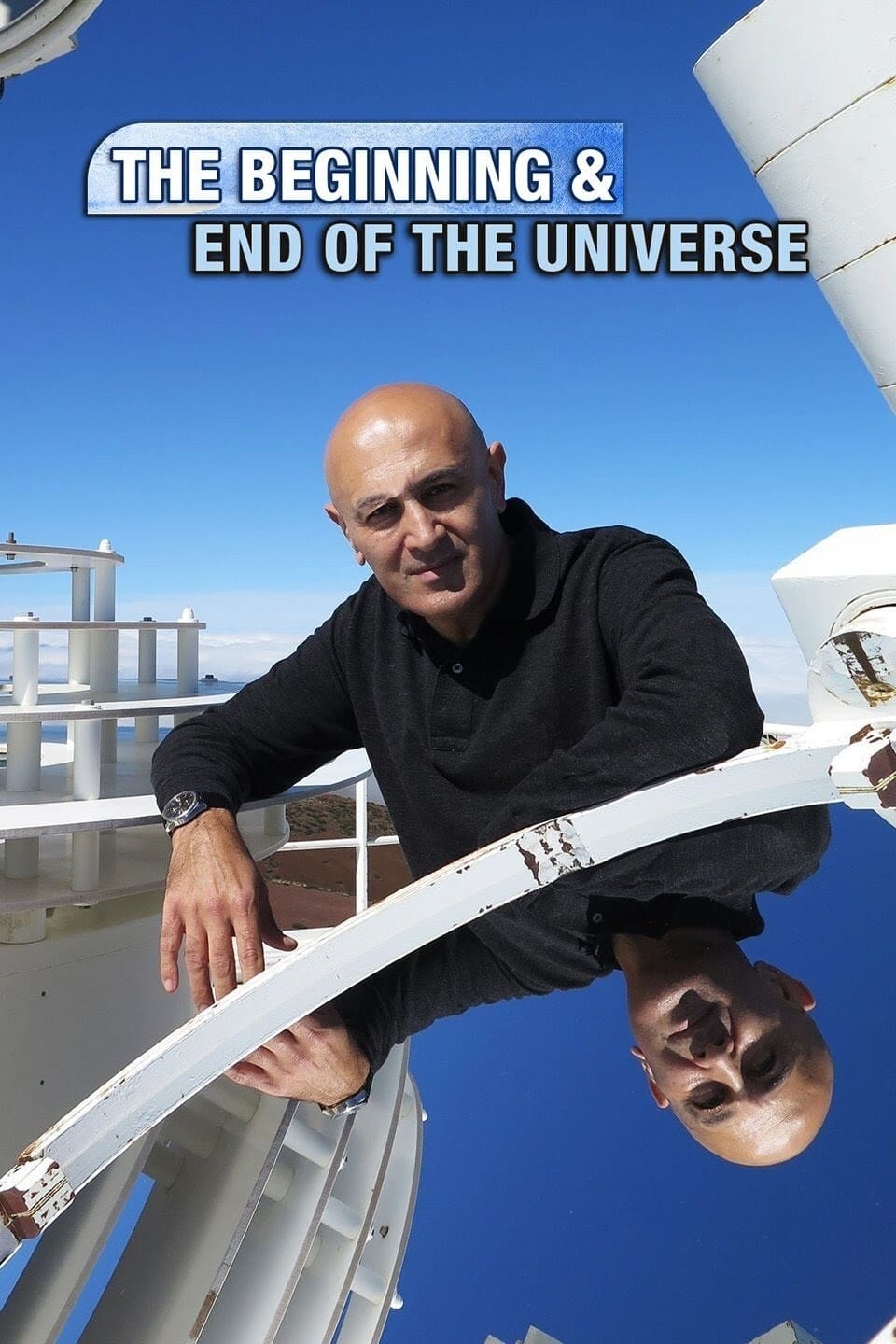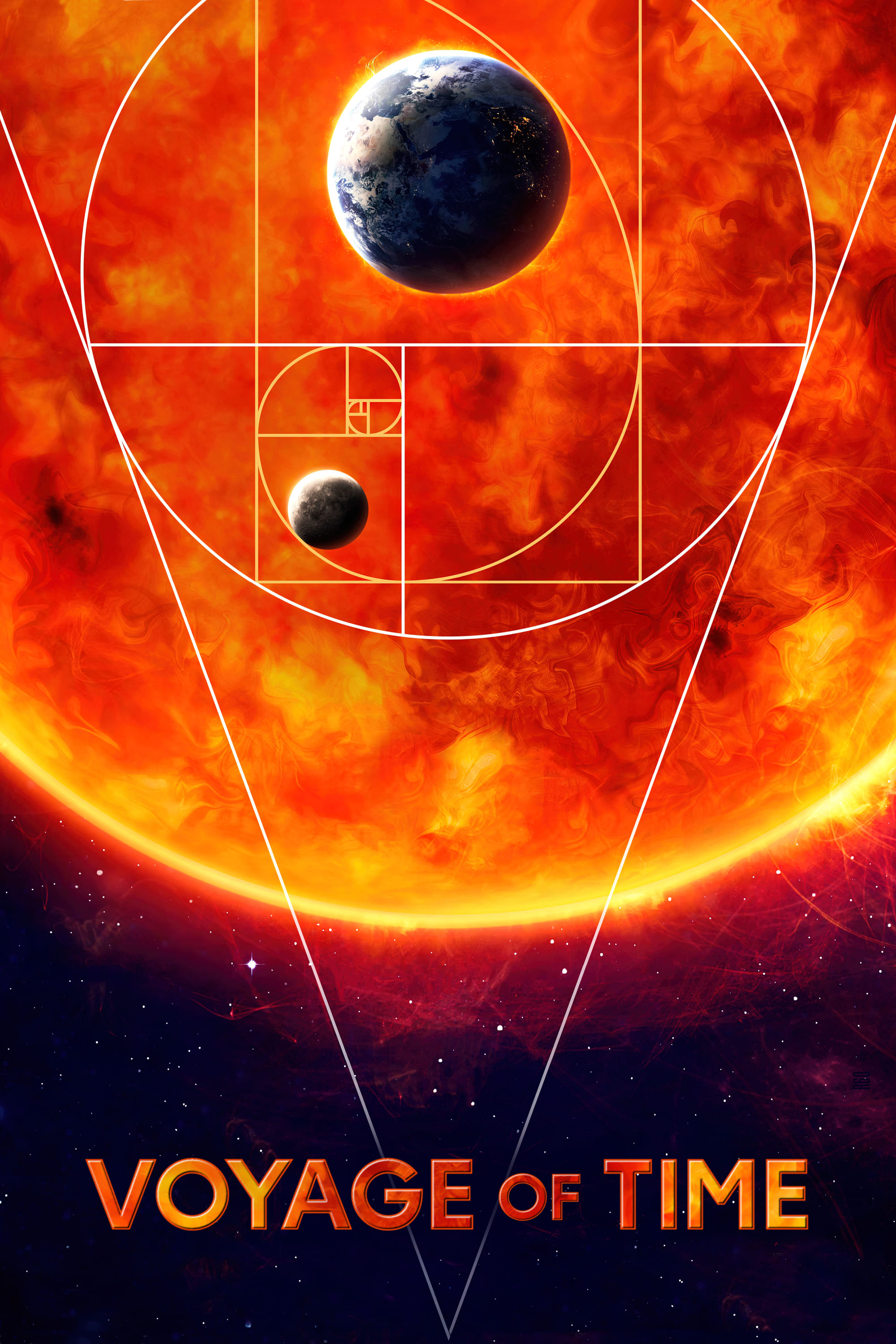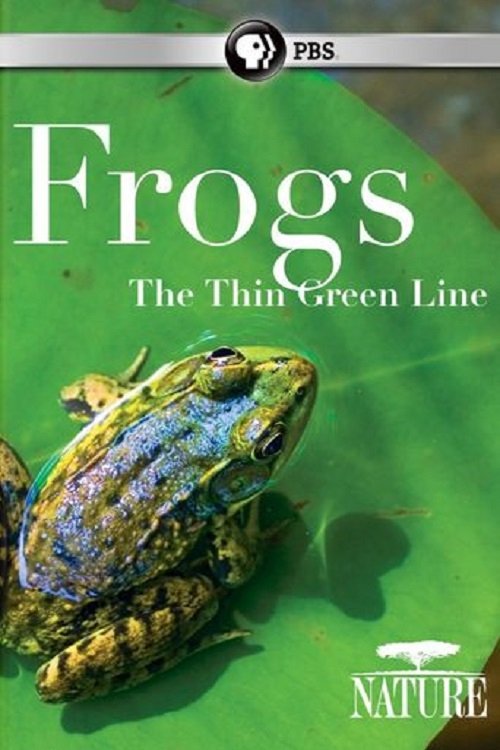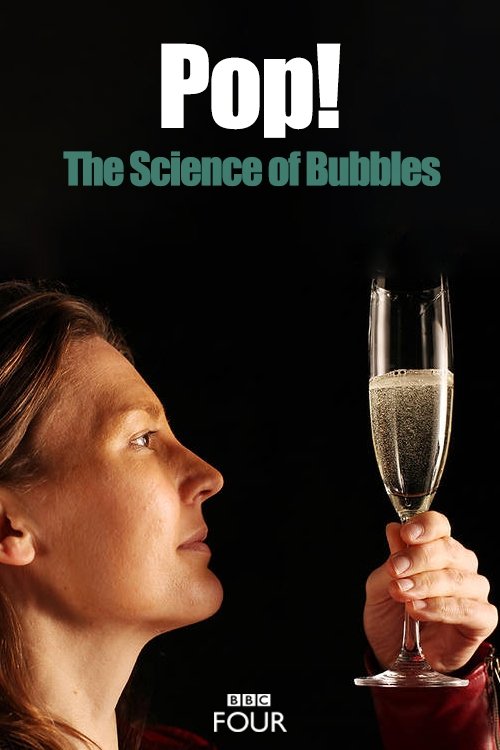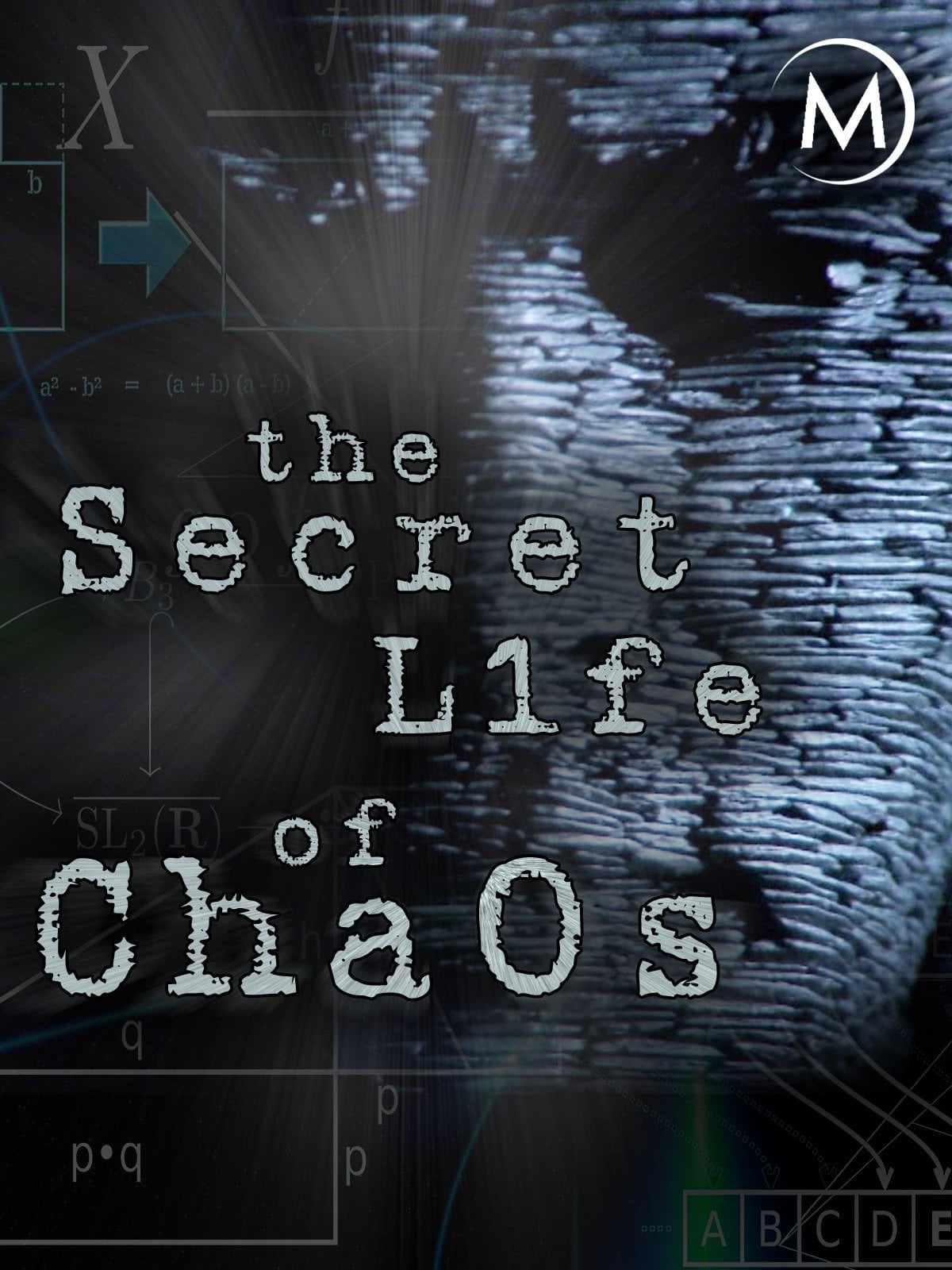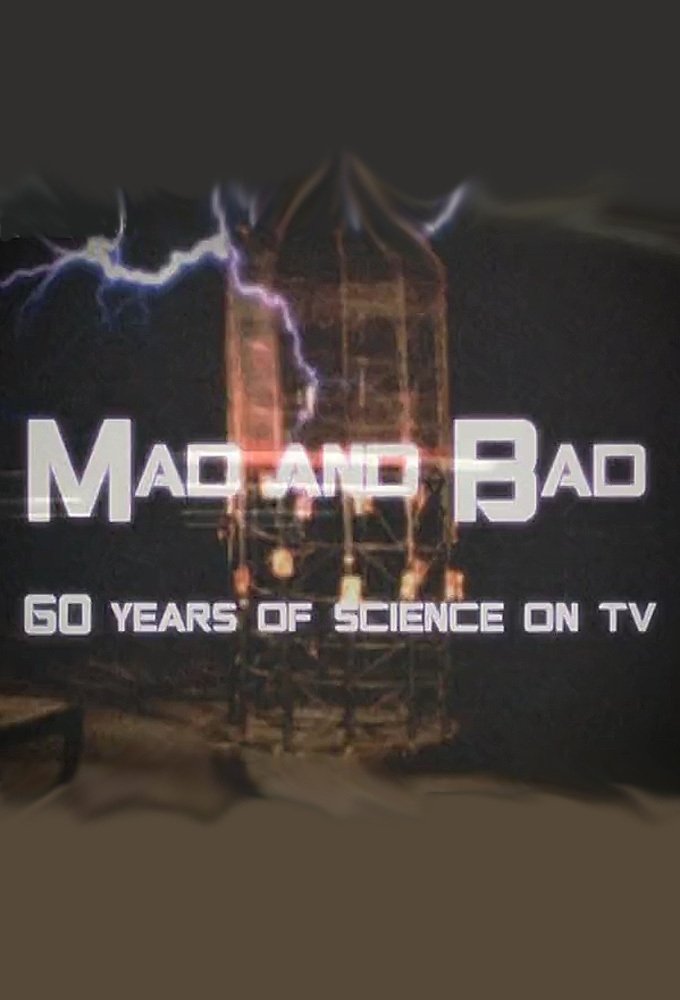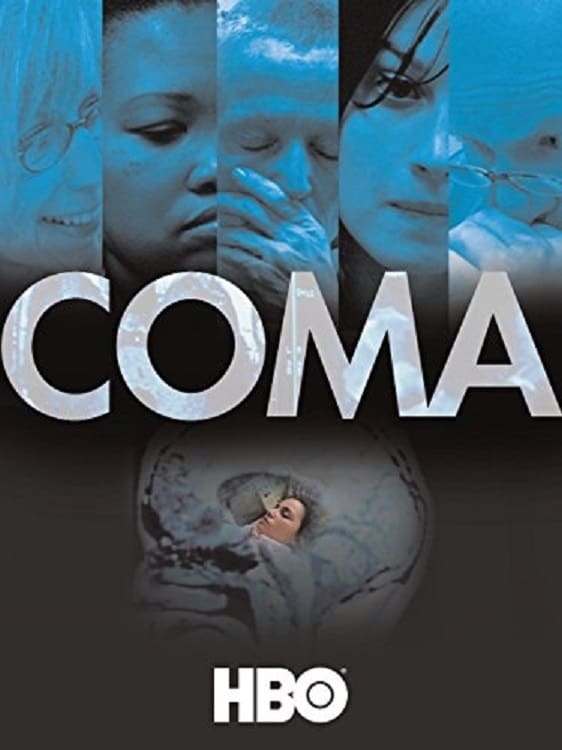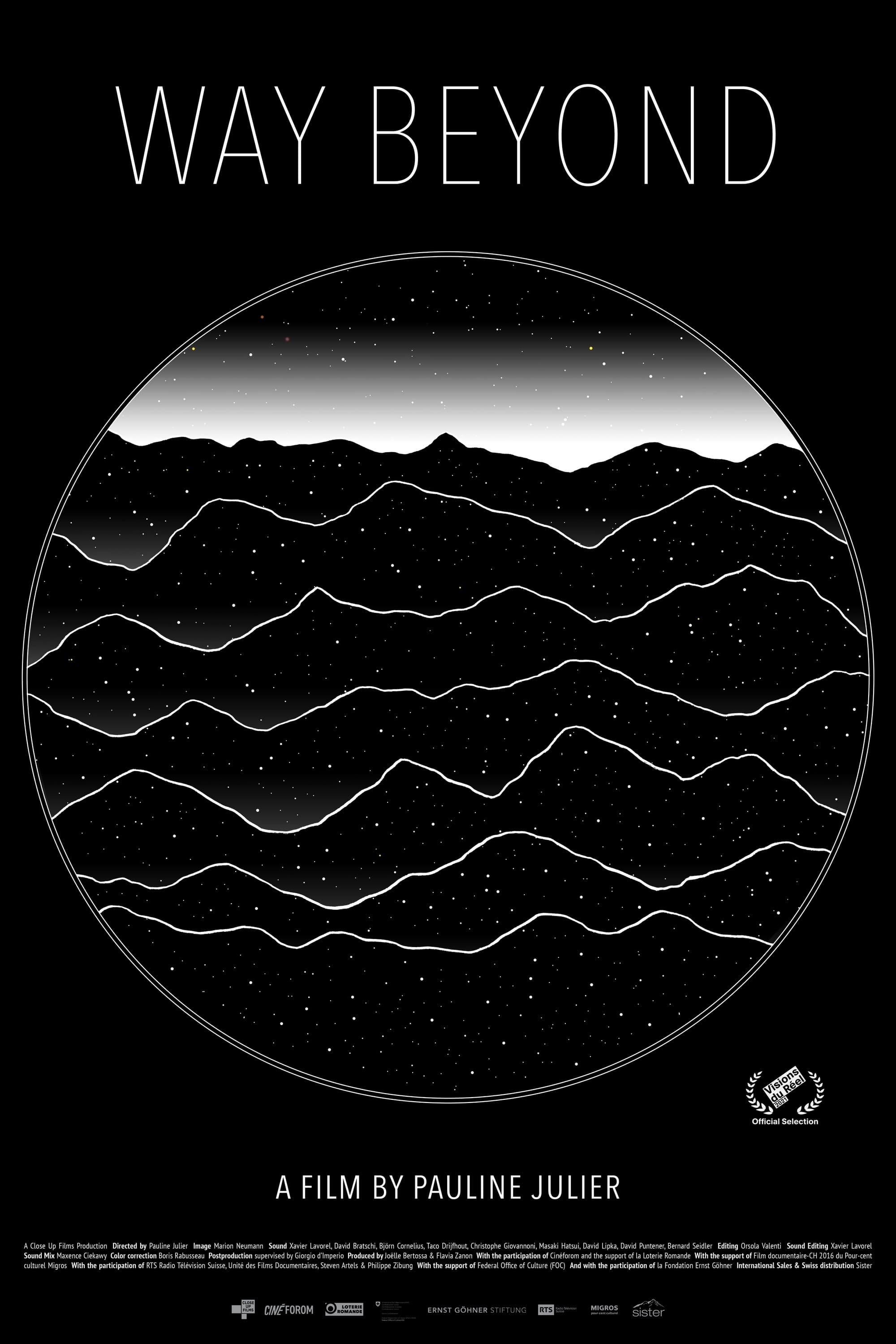
Way Beyond (2022)
Overview
The Future Circular Collider is the machine of the future. Thanks to it, we will finally be able to go back in time to the origin of our universe. But which way do we go to set up the largest scientific instrument of all time? Between metaphysics and underground tunnels, a story of the preparations or how men are ready to move mountains for more knowledge.
Production Companies

Additional Info
| Budget | $0.00 |
|---|---|
| Revenue | $0.00 |
| Original Language | fr |
| Popularity | 0.29 |
Directed By
Pauline Julier
Crew
Pauline Julier
Pauline Julier
Marion Neumann
Orsola Valenti
Pauline Julier
TOP CAST
Similar Movies
An Inconvenient Truth
A documentary on Al Gore's campaign to make the issue of global warming a recognized problem worldwide.
Ten Ways The World Will End
There are endless gruesome ways that the world could end; through nasty, natural disasters or because of some man-made abomination. From maniac killer robots and super volcanoes, to an alien invasion and mutant psycho humans, all options are covered in Ten Ways the World Will End.
The Violent Universe
Thirty distinguished astronomers are visited at their observatories throughout the world in this comprehensive report of astronomical theories, research, and discoveries.
The Last Artifact
Just outside Paris, France, inside a high-tech vault, requiring three independently controlled keys, rests a small metallic cylinder about the diameter of a golf ball. Encased within three vacuum-sealed bell jars it may not look like much, but it is one of the most important objects on the planet. It affects nearly every aspect of our lives from the moment we are born, to the food we eat, the cars we drive, and even the medicines we take. The Last Artifact follows the high-stakes race to redefine the weight of the world reveals the untold story of one of the most important objects on the planet. The kilogram, the base unit of mass in the International System of Units, helped send humans to the moon and satellites into space. This small hunk of metal is the object against which all others are measured. Yet over time, its mass mysteriously eroded by the weight of an eyelash. A change that, unbeknownst to most, unleashed a crisis with potentially dire consequences.
The Pleasure of Finding Things Out
Richard Feynman was a scientific genius with - in his words - a "limited intelligence". This dichotomy is just one of the characteristics that made him a fascinating subject. The Pleasure of Finding Things Out exposes us to many more of these intriguing attributes by featuring an extensive conversation with the acclaimed Nobel Prize winner. During the course of the interview, which was conducted in 1981, Feynman uses the undeniable power of the personal to convey otherwise challenging scientific theories. His colorful and lucid stories make abstract concepts tangible, and his warm presence is sure to inspire interest and awe from even the most reluctant student of science. His insights are profound, but his delivery is anything but dry and ostentatious.
Sniper - Bulletproof
SNIPERS: BULLETPROOF deconstructs and analyzes the little known sniper events that have occurred when no other course of action was possible. The people who planned the takedowns, or pulled the trigger, share their techniques and bring to light the many factors that had to be considered in each mission: terrain, wind speed, temperature, elevation changes... all are critical to taking out targets considered bulletproof. A sniper has one chance, one breath, to rise to the occasion and save the day... if they miss, there may never be another opportunity. As these never told before stories unfold, the viewer also learns about the high tech gear each sniper carries on their classified missions.
Human Nature
The biggest tech revolution of the 21st century isn’t digital, it’s biological. A breakthrough called CRISPR gives us unprecedented control over the basic building blocks of life. It opens the door to curing disease, reshaping the biosphere, and designing our own children. This documentary is a provocative exploration of CRISPR’s far-reaching implications, through the eyes of the scientists who discovered it, the families it’s affecting, and the genetic engineers who are testing its limits.
Star Trek: Secrets of the Universe
Is building our own starship Enterprise possible? Will we ever travel between the stars as easily as they do in Star Trek? JJ Abrams' new feature, Star Trek Into Darkness, hits the screen in a golden age of scientific discoveries. HISTORY is there, giving viewers a deep look behind the scenes, on the set, and into the science–amazing new exoplanets, the physics of Warp drive, and the ideas behind how we might one day live in a Star Trek Universe.
Living in a Reversed World
Fascinating -- and unintentionally funny -- experiments at Austria's famed Institute for Experimental Psychology involve a subject who for several weeks wears special glasses that reverse right and left and up and down. Unexpectedly, these macabre and somehow surrealist experiments reveal that our perception of these aspects of vision is not of an optical nature and cannot be relied on, while the unfortunate, Kafkaesque subject stubbornly struggles through a morass of continuous failures.
The Secret Life of the Sun
Kate Humble and Helen Czerski reveal the inner workings of the sun and investigate why scientists think changes in the sun's behaviour may have powerful effects on our climate.
Climate Change: A Horizon Guide
Dr Helen Czerski delves into the Horizon archive to chart the transformation of a little-known theory into one of the greatest scientific undertakings in history.
The Beginning and End of the Universe
Prof. Jim Al-Khalili tackles the biggest subject of all, the universe. Through a series of critical observations and experiments that revolutionised our understanding of our world Jim guides us through the greatest cosmic detective story of all. He takes us from the beginning of the universe to the end time and answers the question: where did the universe come from and how will it end?
Voyage of Time: The IMAX Experience
A celebration of the universe, displaying the whole of time, from its start to its final collapse. This film examines all that occurred to prepare the world that stands before us now: science and spirit, birth and death, the grand cosmos and the minute life systems of our planet.
Frogs: The Thin Green Line
An examination of the extinction threat faced by frogs, which have hopped on Earth for some 250 million years and are a crucial cog in the ecosystem. Scientists believe they've pinpointed a cause for the loss of many of the amphibians: the chytrid fungus, which flourishes in high altitudes. Unfortunately, they don't know how to combat it. Included: an isolated forest in Panama that has yet to be touched by the fungus, thus enabling frogs to live and thrive as they have for eons.
Pop! The Science of Bubbles
Physicist Dr Helen Czerski takes us on a journey into the science of bubbles - not just fun toys, but also powerful tools that push back the boundaries of science.
The Secret Life of Chaos
Chaos theory has a bad name, conjuring up images of unpredictable weather, economic crashes and science gone wrong. But there is a fascinating and hidden side to Chaos, one that scientists are only now beginning to understand. It turns out that chaos theory answers a question that mankind has asked for millennia - how did we get here?
Mad and Bad: 60 Years of Science on TV
From Raymond Baxter live on Tomorrow's World testing a new-fangled bulletproof vest on a nervous inventor to Doctor Who's contemporary spin on the War on Terror, British television and the Great British public have been fascinated with the brave new world offered up by science on TV. Narrated by Robert Webb, this documentary takes a fantastic, incisive and funny voyage through the rich heritage of science TV in the UK, from real science programmes (including The Sky At Night, Horizon, Tomorrow's World, The Ascent of Man) to science-fiction (such as The Quatermass Experiment, Doctor Who, Doomwatch, Blake's 7, The Hitchhiker's Guide to the Galaxy), to find out what it tells us about Britain over the last 60 years.
The Scorpion's Tale
The Scorpions belong to the oldest land-based arachnides with over 1800 different species known to exist. Usually, they do not surpass the size of 10cm in length, but exceptions are know, such as the Emperor Scorpion (Pandinus imperator) which can grow up to become over 20cm in size. Scorpions are mostly active at night and hide away during the day. Take a look into the live of these amazing creatures!
Coma
Four young Americans who've each suffered a Traumatic Brain Injury emerge from their comas at a New Jersey medical facility. Their eyes may be open, but now the real challenge for each of the patients, their families, their doctors and their therapists begins. Brain healing isn't predictable, we're told, and certainly is not guaranteed. So with each 'major' step forward that is observed (opening one's eyes, bending a thumb upon command, vocalizing a word, answering a question correctly) comes a sense of jubilant relief and hope from the families of these patients, but as we soon see, the more a patient progresses, the more difficult things can be for all involved. Moments of faith & hope contrast with disappointments & frustrations, moments of confidence with moments of doubt. It's difficult to watch, and unimaginable to have to ever live through.

